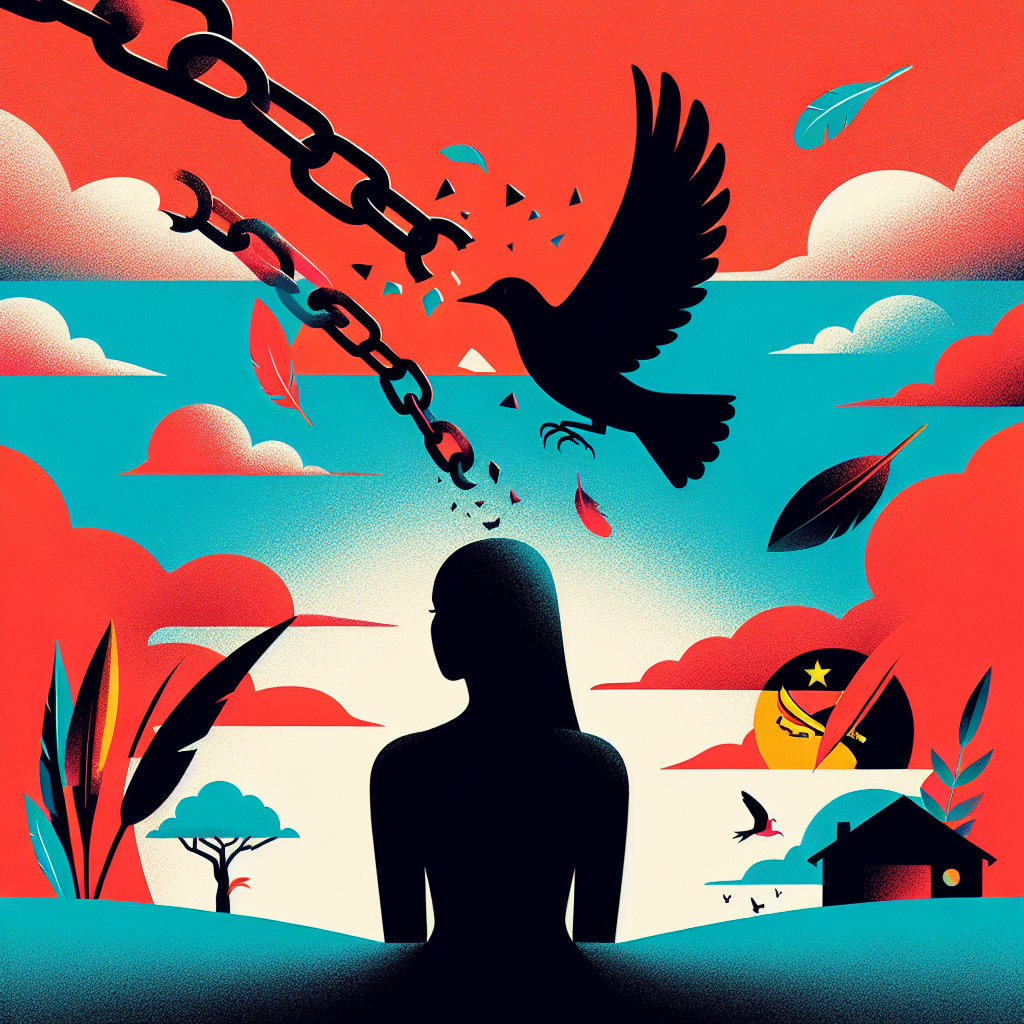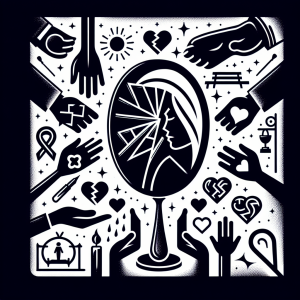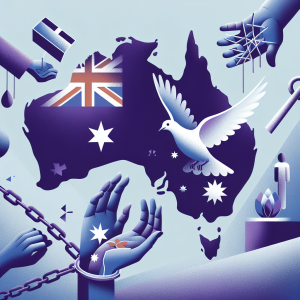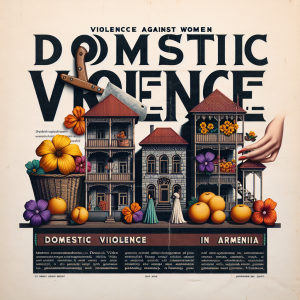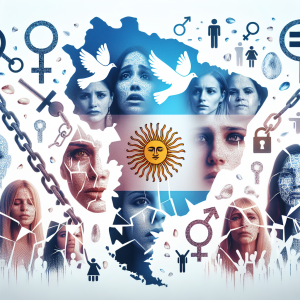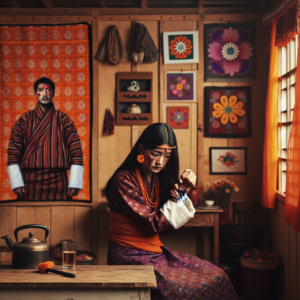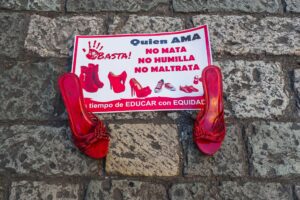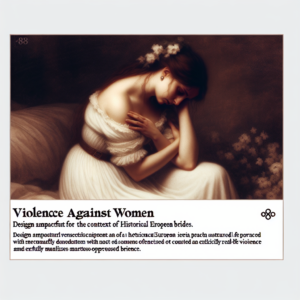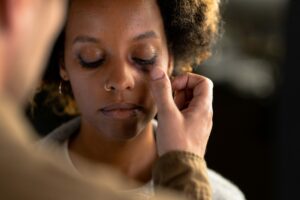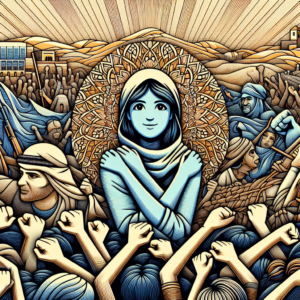#MeToo
Confronting Domestic Violence in Angola: A Call to Action
In Angola, the shadow of domestic violence looms large, with its incidence alarmingly on the rise. This article delves into the heart of the matter, examining the roots of domestic violence in Angola, its contributing factors, and the essential actions required to tackle this grave issue. By viewing it through the prisms of human rights, child protection, and women’s rights, we aim to dissect the complex nature of domestic violence and emphasize the urgent need to break the pervasive silence enveloping it.
The Reality of Domestic Violence in Angola
At its core, domestic violence represents a misuse of power, manifesting as physical, sexual, emotional, and financial abuse within the confines of home or family. In Angola, it transcends personal boundaries to become a societal plague, deeply entrenched in gender disparities, cultural practices, and economic challenges.
What the Numbers Reveal
Recent studies have brought to light a worrying surge in domestic violence incidents across Angola. Despite difficulties in obtaining precise figures due to underreporting, the data available depicts a dire situation, especially for women and children who suffer the most, often silenced by fear, societal stigma, and a lack of supportive networks.
Driving Forces Behind the Increase
The escalation of domestic violence in Angola can be attributed to various factors:
- Economic Strain: Financial pressures can heighten household tensions, leading to more instances of domestic violence.
- Cultural Practices: Entrenched beliefs about gender roles and the normalization of violence as a means of control contribute to the perpetuation of abuse.
- Awareness Deficit: A widespread lack of understanding about domestic violence aids in its normalization within society.
- Legal Shortcomings: Inadequate laws and poor enforcement embolden offenders, exacerbating the issue.
Agents of Transformation
Combatting domestic violence necessitates amplifying the voices of those affected. Stories from survivors, coupled with insights from specialists in human rights, child protection, and women’s rights, provide critical perspectives on the reality of domestic violence and the routes to overcoming it.
Insights from Renowned Authors
Notable authors have shared their thoughts on human rights and violence, offering poignant reflections relevant to the fight against domestic violence in Angola:
- “Injustice anywhere is a threat to justice everywhere.” – Martin Luther King Jr.
- “The greatest cruelty is our casual blindness to the despair of others.” – Audre Lorde
- “I raise up my voice—not so I can shout, but so that those without a voice can be heard.” – Malala Yousafzai
These reflections highlight the critical need to recognize and empathize with victims of domestic violence and to advocate for transformative change.
Moving Forward: Breaking the Silence
Effectively addressing domestic violence in Angola demands a comprehensive strategy involving governmental, communal, and individual efforts. Crucial steps include:
- Enhancing Legal Protections: The development and enforcement of robust laws to safeguard victims and penalize offenders are crucial.
- Increasing Awareness: Educational initiatives can shift public perceptions of domestic violence, underscoring its unacceptability and consequences.
- Empowering Survivors: Offering readily available support services, such as shelters, counseling, and legal aid, is vital for survivors’ recovery and empowerment.
- Advancing Gender Equality: Tackling domestic violence at its roots requires challenging and altering societal norms that fuel gender inequality.
Conclusion
The escalating issue of domestic violence in Angola calls us to action. It serves as a stark reminder that silence and passivity only perpetuate abuse. By actively breaking the silence, raising awareness, and implementing tangible measures to support survivors and prevent future violence, we can begin to address this pressing issue. Echoing the words of human rights activist Nada Al-Ahdal, “Protecting human rights is not an option, but a responsibility of us all” @nadalahdal. It is incumbent upon each of us to contribute towards creating a safer, more equitable Angola where domestic violence is not hidden but faced and defeated by the collective efforts of its citizens.
#NadaFoundation
#domestic_violence
#Nada_Foundation
#NadaAlahdal
#Breaking #Silence #Addressing #Rise #Domestic #Violence #Angola
breaking-the-silence-addressing-the-rise-of-domestic-violence-in-angola



